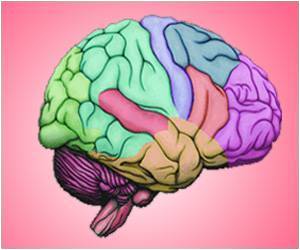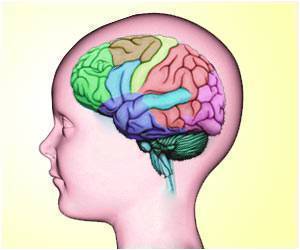Psychogenic non-epileptic seizures may go undiagnosed for much longer in veterans compared to civilians, according to a new study published in the September 6, 2011,

For the study, researchers reviewed the medical records of 203 veterans and 726 civilians admitted to an epilepsy monitoring unit over a 10-year period. Fifty veterans were diagnosed with psychogenic non-epileptic seizures. These 50 veterans were matched with 50 civilians diagnosed with psychogenic seizures. The percentage of veterans and civilians diagnosed with psychogenic seizures was roughly the same in both groups.
The study found that it took an average of five years from the time that symptoms started for veterans to be diagnosed with psychogenic non-epileptic seizures, compared to about one year for civilians. Nearly 60 percent of the veterans were thought to have seizures related to traumatic brain injury.
Salinsky said that the reasons for the delay in diagnosis are not known but could be due to the limited number of epilepsy monitoring units in VA medical centers across the country. He noted that 18 of the 50 veterans with non-epileptic seizures came to Oregon from states where an epilepsy monitoring unit was not available. This has recently been addressed by the creation of VA Epilepsy Centers of Excellence. He also said that there may be a tendency to accept the diagnosis of epilepsy in veterans due to the relatively high rates of traumatic brain injury, which can lead to epilepsy.
"This delay in diagnosis can prolong disability," Salinsky said. During the delay in diagnosis, most veterans with psychogenic seizures were treated with drugs to treat epilepsy. "Educating primary care doctors at VA clinics about psychogenic seizures, and developing an effective epilepsy center referral network, should result in earlier diagnosis and appropriate treatment."
Advertisement














